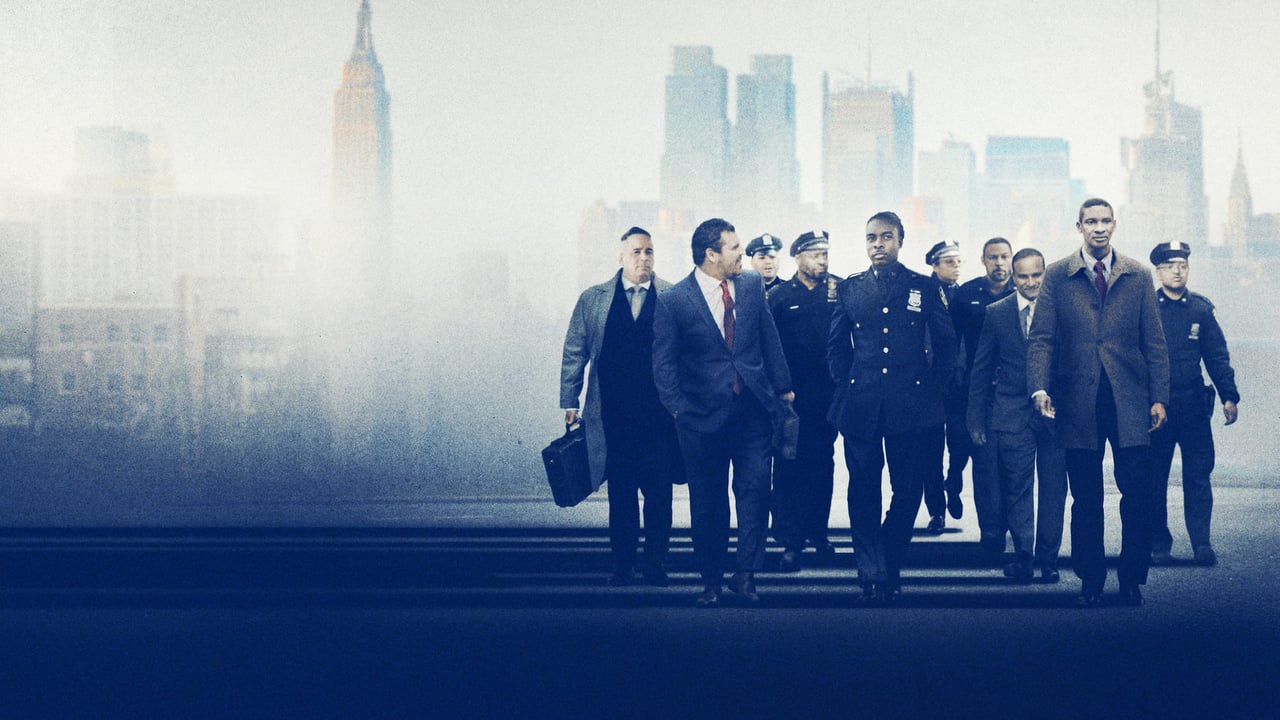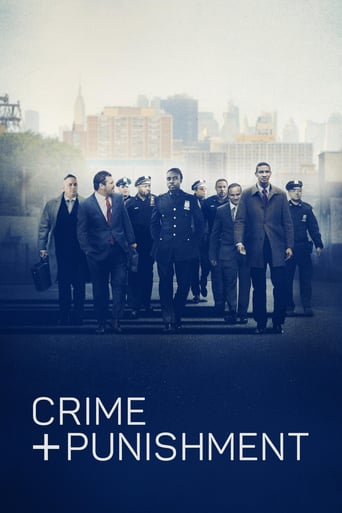j-maimon
I saw this film yesterday at the Seattle International Film Festival. It starts off a little slow, we're trying to figure out what exactly is happening, and the story takes a bit of time to get clear. However, by the end, the film is telling a powerful and clear story, and we're focused on the most compelling characters. It traces two parallel stories-twelve NYPD officers who decide enough is enough and choose to speak up against a system rewarding police officers to make arrests, and the second story of a 17-year old boy who's one of these people arrested for a crime he didn't commit.The story of the boy is painful to watch because he's held in prison at Rikers island for a whole year, because his family can't pay the bail. Part of the problem is the police system, but the other part is that bail, as it's designed, keeps people held in prison for crimes before there's a trial. At the screening, we had the pleasure to have former NYPD officer Adhyl Polanco, one of the 12 officers who chose to speak out against the system, introduce the film and stay afterwards for questions. Adhyl relayed a very interesting story at the screening. He said he wanted to give up speaking out about the policy sometime earlier, like in 2012. The reason? The NYPD was retaliating against him in ways such as poor job performance reviews and being sent on more remedial assignments. He was going to throw in the towel. Then he gets a call from Frank Serpico, the famous NYPD officer in the late 1960's who exposed corruption in the NYPD. Serpico told him to hang in there. And he did. Adhyl ended up forming together with other police officers that became the NYPD 12, and found the policy of promotion based on number of arrests to be wrong, and formed together with other officers to publicly bring to light these problems. He's a hero, ever modest, and if you see the film, you might have a chance to meet him. Credit to Stephen Maing. He's the unsung hero of the film. Shooting this over 4 years, Stephen clearly worked tirelessly to tell this story. It's not one that's easily forgotten, and it's a powerful story. The film is like a real-life law and order. I know that sounds cheesy to say, but there's an element of suspense as you try to figure out how the trial is going to go for the 17-year old, as well as how the NYPD 12 will succeed or fail in their case. Their argument: this policy of encouraging arrests ends up hurting minority communities as officers are encouraged to go to "high-crime" neighborhoods to find someone to arrest to meet their monthly expected quota. It's a poorly designed system that rewards arrests over impact, locking up people over helping people. Retaliation is real and present in corporations, academia, any institution where someone speaks out and goes against the flow. It's easy to do nothing. Just go with the flow and you're your head down. I'd rather go down fighting then be a sheep. You'd think that more officers would speak out, but only 12 were willing to put their careers on the line to do so. It's a shame more officers didn't, even though, as the film mentions, over 90% of officers believe there's a quota system in place to meet targets. Hopefully the film gets the system to change, and reward officers based on how the impact they make in their communities, instead of how many bodies they throw into a jail. The problem is someone in the institution that is the NYPD got lazy and said, let's just promote people based on the number of arrests, doesn't matter if those arrests end up getting dismissed and we're arresting innocent people. It takes more effort to come up with a policy to measure impact, and these brass at the NYPD, like in many organizations, don't want to try to be creative to come up with a better system. An independent board might help, that's something suggested in the film. The NYPD would benefit from using an OKR system (Objectives and Key Results) that would align individual officers with a broader mission and allow officers to improve their motivations and set a high bar for everyone from the top to the bottom of the system.Go see this film. You won't regret it.

